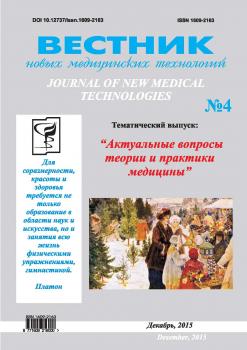This review provides information on the definition of febrile seizures in children, presents modern data on the dependence of the genetic predisposition to IL-Ιβ gene mutations and development of febrile seizures in children. Purpose of the review is analysis of available publications devoted to the study of the role of IL-Ιβ polymorphism in the development of febrile seizures in children. The literature search included available full-text publications in Russian and English databases. It was found that febrile seizures are characteristic for children from 6 months to 3 years. The causes of seizures still serve as a subject of debate. Family history of febrile seizures in the development is most important risk factor. Positive family history can be detected in 25-40% of patients. Components of the immune response may play a role in the pathogenesis of febrile seizures. One factor is a pro-inflammatory cytokine gene polymorphism of interleukin-ΐβ (IL-Ιβ). The analysis of the literature demonstrates the need for a detailed study of the genetic causes of febrile seizures in children, especially in patients with a positive family history.
children, febrile seizures, genetics, interleukin-1, gene IL-Ιβ, personalized medicine.
Фебрильные приступы (ФП) - состояние, связанное с быстрым повышением температуры тела выше 38,0°, являются наиболее распространенными пароксизмами в детстве, с частотой встречаемости от 2 до 5% детей в возрасте от 6 мес. до 3 лет [6]. Общепринятой классификации ФП нет, но современные авторы разделяют ФП на простые, сложные и фебриль-нопровоцируемые приступы (т.н. фебрильный эпилептический статус) [7]. Простые ФП рассматриваются как доброкачественное состояние, и мало влияют на изменение со стороны ЦНС, характеризуются генерализованным тонико-клоническим характером течения, длительностью менее чем 15 минут, чаще развиваются в первые сутки заболевания, на фоне повышения температуры тела выше 38° С. Сложные (комплексные) ФП представляют собой продолжительные более 15 минут или частые (повторные) ФП. Фебрильнопровоцируемые приступы (фебрильный эпилептический статус) имеют наиболее продолжительное течение, более 30 минут, данное состояние





